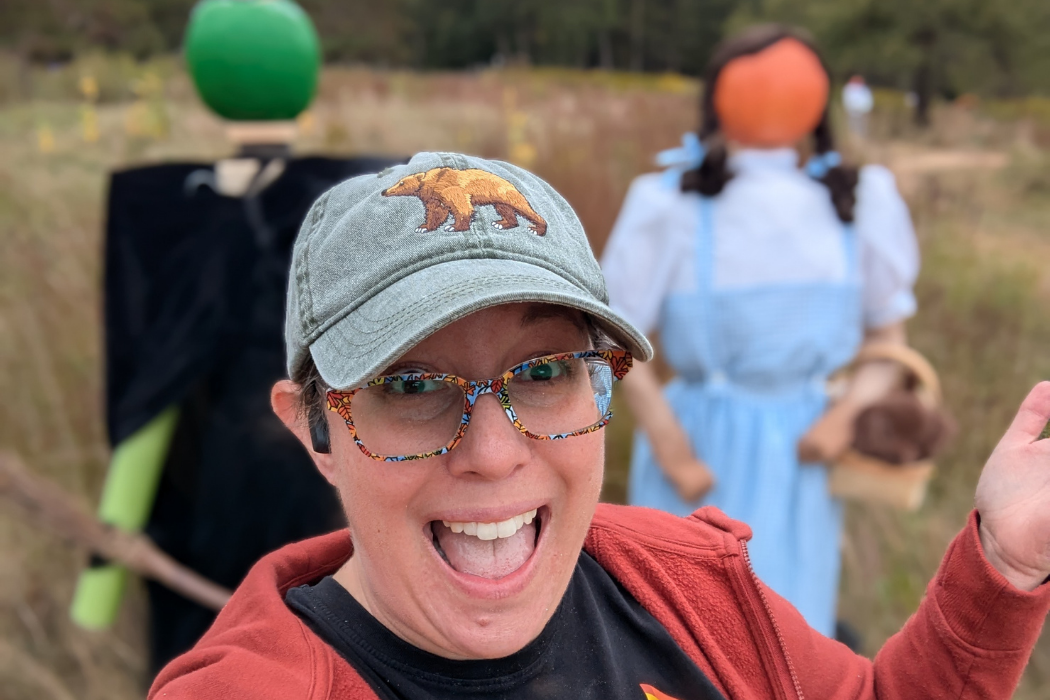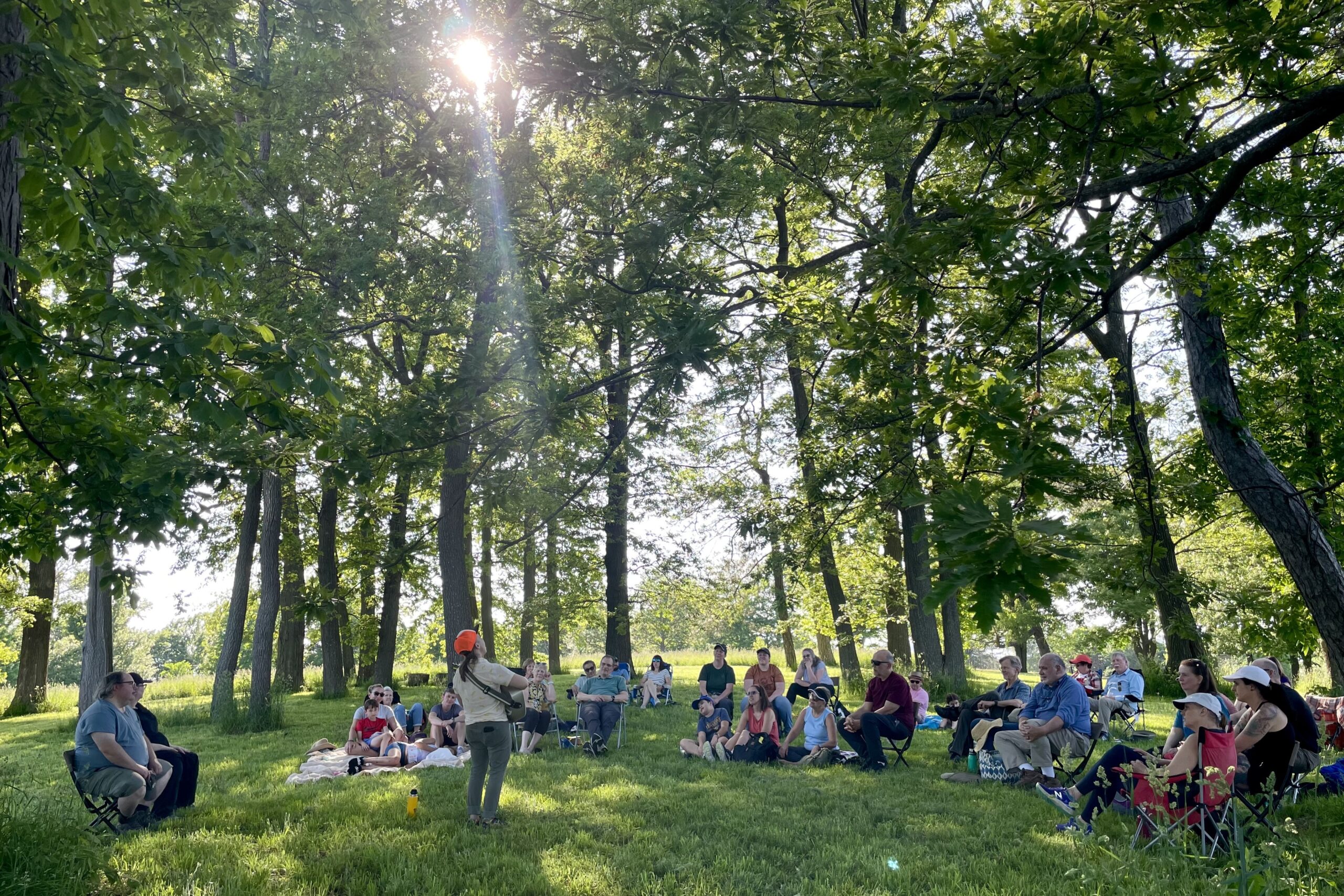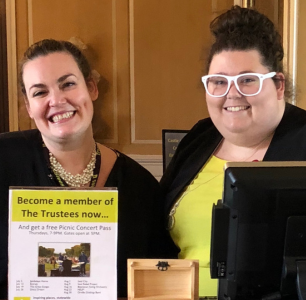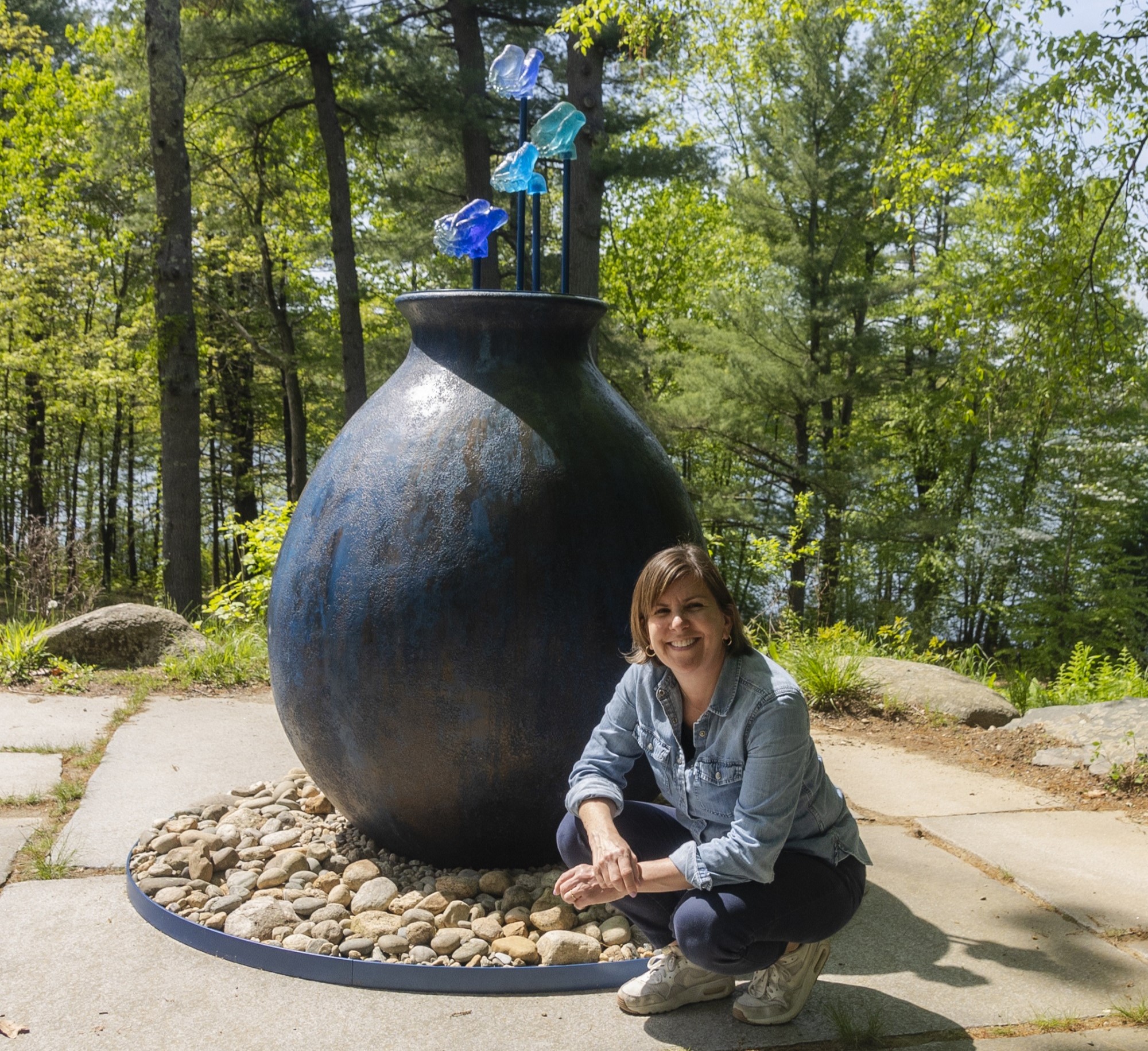
Livy Scott
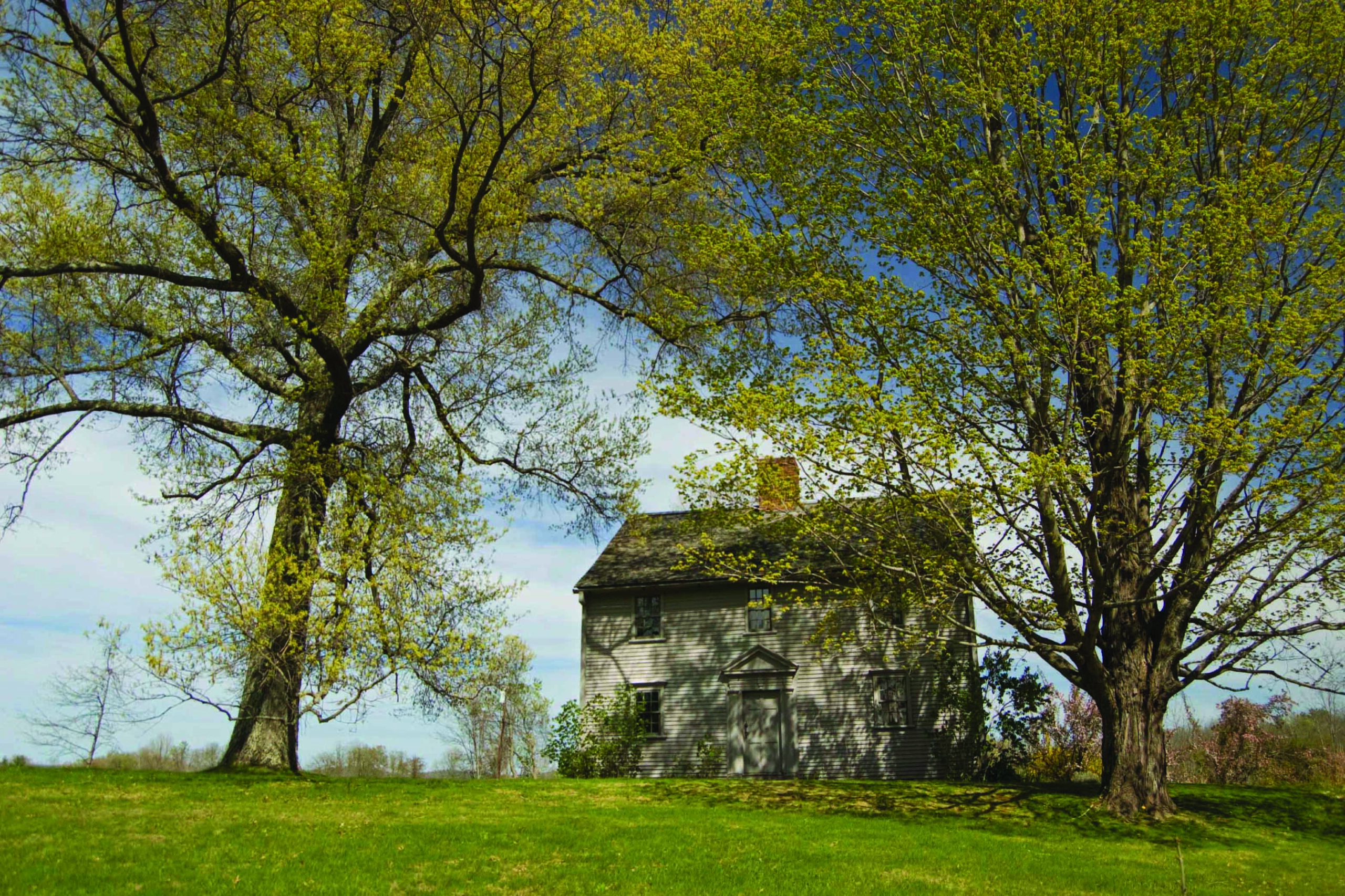
The Ashley House, Sheffield
We are excited to welcome Livy Scott to The Trustees! Livy joins us for two years as The Peggy N. Gerry Curatorial Fellow, sponsored by The Decorative Arts Trust. We spoke with Livy to learn more about her, her work at The Ashley House, and what else she is looking forward to experiencing at The Trustees.
Tell us about your fellowship at The Trustees?
My two-year Curatorial Fellowship is centered around the Colonel John Ashley House in Sheffield, Massachusetts, which stands as the oldest colonial building in Berkshire County. The house is also significant for its connection to Bett, an enslaved woman within the Ashley household. In 1781, she with another enslaved person, Brom, sued Ashley for their freedom under the new 1780 state constitution. The ensuing court case contributed significantly to the end of slavery in Massachusetts. Upon winning her freedom, Bett chose her new name, Elizabeth Freeman.
Collaborating with The Trustees’ curatorial team, I am cataloging the Ashley House’s impressive collection of 1800 objects using their new collections database. There is still much to discover about this collection, most of which was acquired by The Trustees when they obtained the Ashley House. Little is known about which previous owners acquired specific objects and their origins. The prospect of delving into this diverse array of objects, using my research detective skills and connoisseurship approach, is truly thrilling! This exciting opportunity is funded by a grant by The Decorative Arts Trust which helps support emerging professions in the museum field and organizations that advance the decorative arts field.
Two additional aspects of my role involve developing my own research project to shed light on the understanding of the collection and creating a furnishing plan for the house. The Ashley House evolved in phases; originally built in 1735, it underwent significant renovations by Col. John Ashley in the 1770s and later by his grandson in 1810. Subsequent owners over the next two centuries continued to modify both the house and its collection. A significant part of my role is to articulate the narrative of material, architectural, intergenerational, and broader socio-political changes within this home to visitors.
Notably, two pivotal stories of revolutionary action unfolded within its walls. Col. John Ashley and his colleagues gathered in the Ashley House study to draft the Sheffield Resolves—also known as the Sheffield Declaration—in January 1773, expressing their grievances against British colonial rule. Elizabeth Freeman’s lawsuit against Ashley contained many similar concepts of freedom and personal liberties articulated in the Sheffield Declaration and the later Massachusetts state constitution. I am eager to develop a furnishing plan that authentically represents historical accuracy while amplifying diverse stories and perspectives.
Can you tell us more about your background?
I graduated in May 2023 from Parsons School of Design, earning a MA in Fashion Studies. My research delved into the sartorial needlework of three eighteenth-century Connecticut River Valley women, all linked to Col. John Ashley through various branches of their interconnected family trees.
Prior to this, I pursued my undergraduate degree in history at Dartmouth College, where my thesis explored seventeenth-century Puritan fashion in Massachusetts. My academic focus has consistently centered around colonial history, particularly with a textile emphasis. The allure of early Massachusetts material culture and historic houses has always captivated me, making the opportunity to refine alternative expertise exceptionally thrilling.
Over the past month, I have already developed a newfound passion for redware pottery; I am eager to explore and potentially trace the regional makers behind the numerous redware pieces housed in the Ashley House buttery!
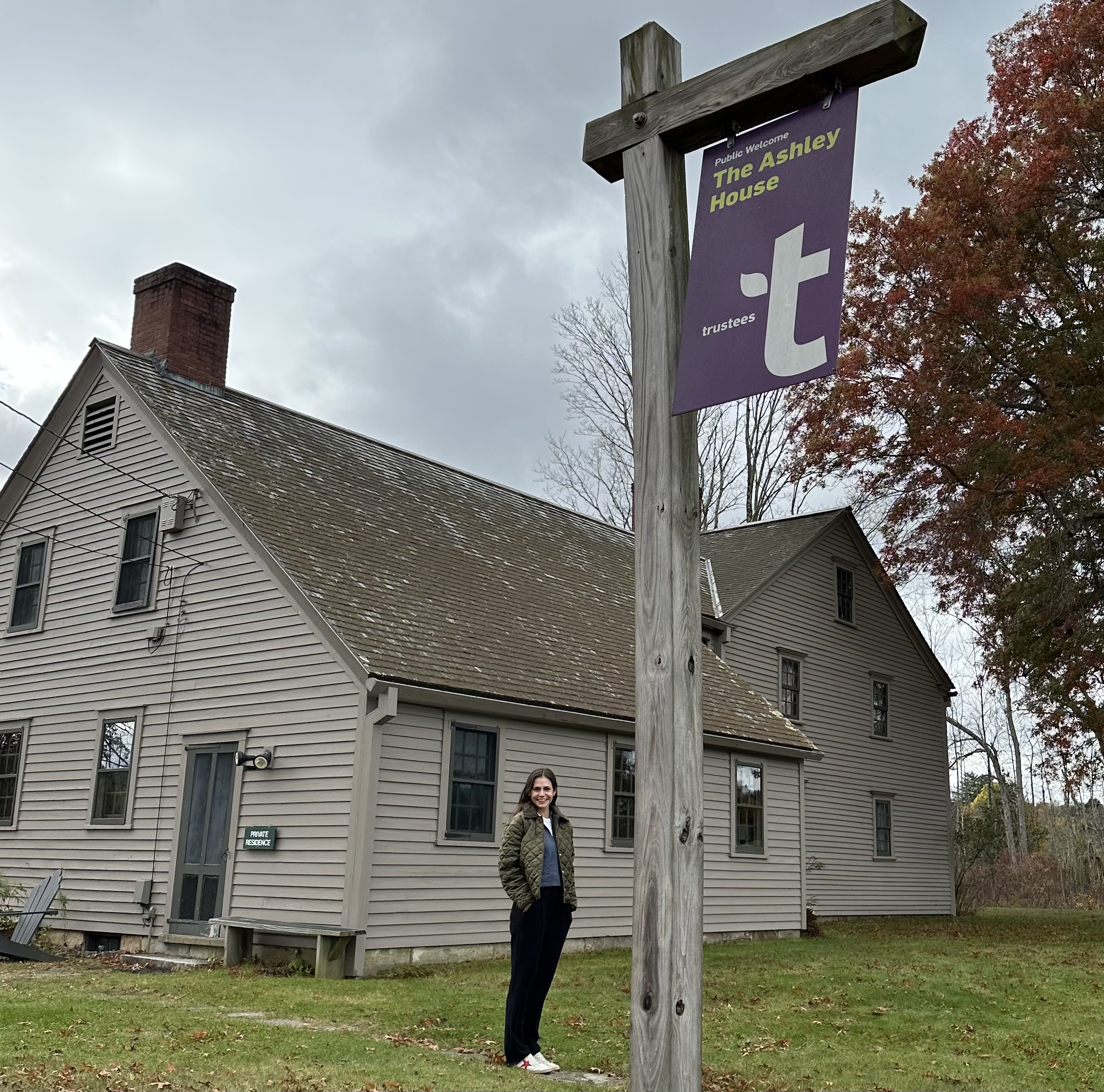
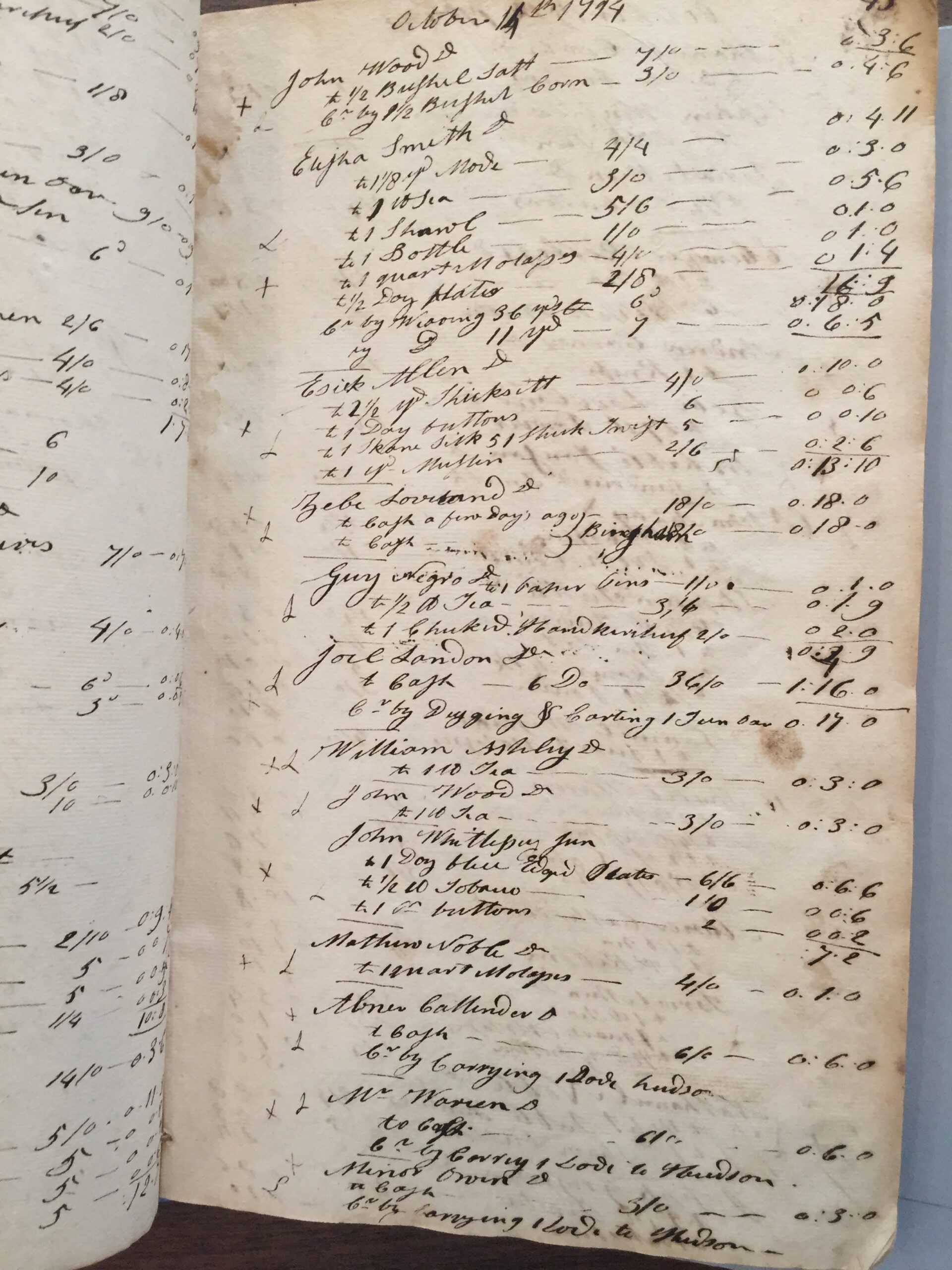
What other properties do you look forward to exploring while you are here? Is there anything else you want to share?
Other than the Ashley House, I’ve spent the most time at The Mission House so far. I would love to dive into their collection a bit more and lend some of my textile expertise to some special pieces of embroidery and shoes. Thinking about the Mission House versus the Ashley House in terms of architectural choices and layout also may prove fruitful!
Two other houses I am excited to explore are the Paine House at Greenwood Farm and the Appleton Farms’ Old House, both in Ipswich. Given their rich agricultural histories, I anticipate gaining valuable insights into the farming practices on the land surrounding the Ashley House and the diverse array of farming tools within the collection. The Old Manse’s rich furniture and decorative arts collection also holds a special place on my list.
I’m particularly looking forward to examining the account books of Col. John Ashley. Currently undergoing conservation and digitization at The Trustees’ archives and research center, thanks to a National Endowment for the Humanities grant, these books could provide a window into the day-to-day life of the Ashley household.
